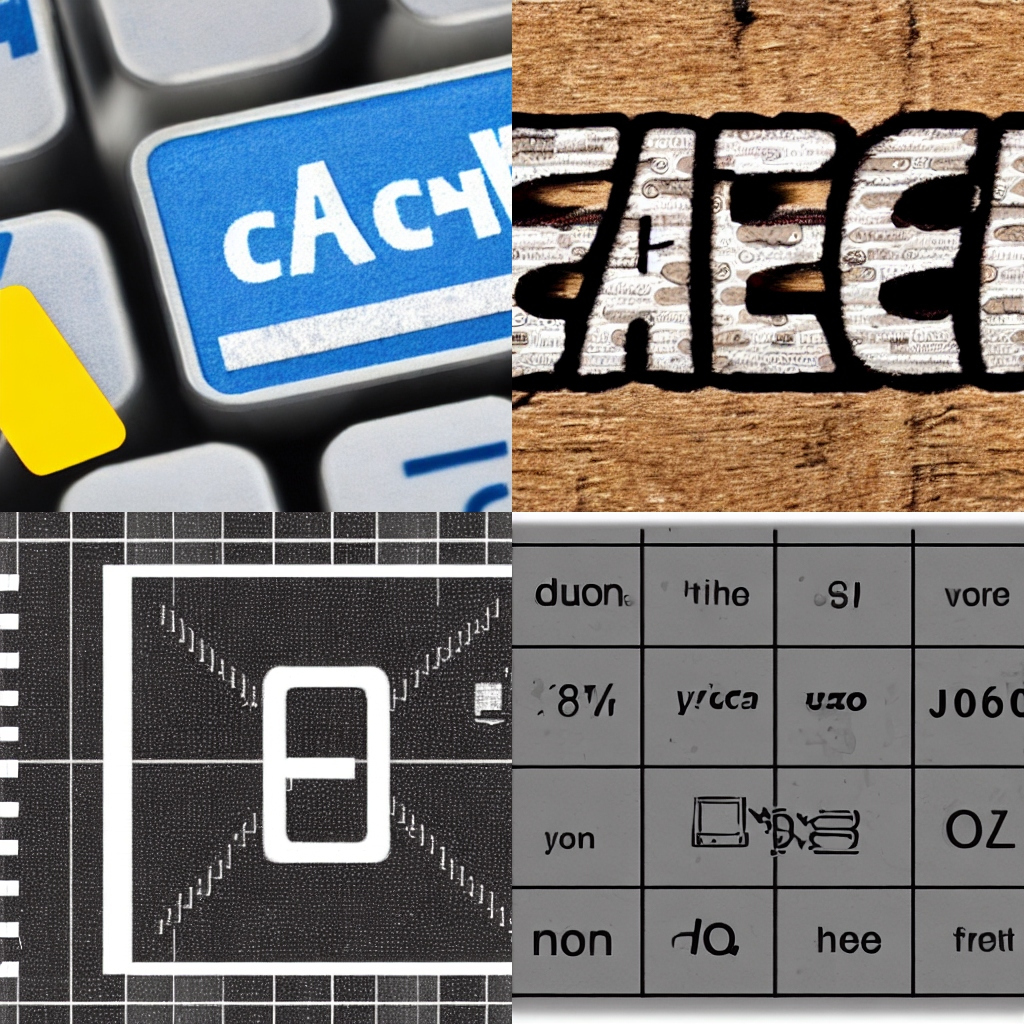Read ahead to learn more about this.
I’m sure you all know what a captcha is (also known as a verification code), so let’s dive right into how it works.
Most websites use at least one type of captcha to help them verify that their users are human and not malicious software. They are utilized to help keep harmful software out of websites, as well as to keep bots from registering for accounts on forums, blogs, and other websites that require real-world identity.
Some websites may also utilize audio captchas. Like visual captchas, these audio captchas are played back at a high frequency that humans can usually hear but computers cannot. If the audio captcha is played back and the response is provided correctly, the user will be allowed access to the website or application.
How Does An API Work?
An API is an application programming interface (API). It allows two systems or applications to communicate with one another in order to exchange data or make requests for specific information or services. This means that if you use an API, you won’t have to write the code yourself to create the captcha but will be able to just use it.
How Can I Use This?
You might need this kind of application if you want to avoid having visitors’ information stolen by bots but still want to allow them to register on your website or blog. The sole requirement for a visitor wanting to register on your site is that they demonstrate that they are human by solving a captcha challenge.
The method used by captchas to confirm that users are not automated systems operating under the direction of another person or business is known as CAPTCHA, which stands for “Completely Automated Public Turing test to tell Computers and Humans Apart.”
An audio captcha challenges users to transcribe an audio recording into text. It might appear as though this would be simple for humans but challenging for automated programs
This API will retrieve the data from an audio captcha and retrieve it as text.
You can check Audio Captcha Solver API for free here.



